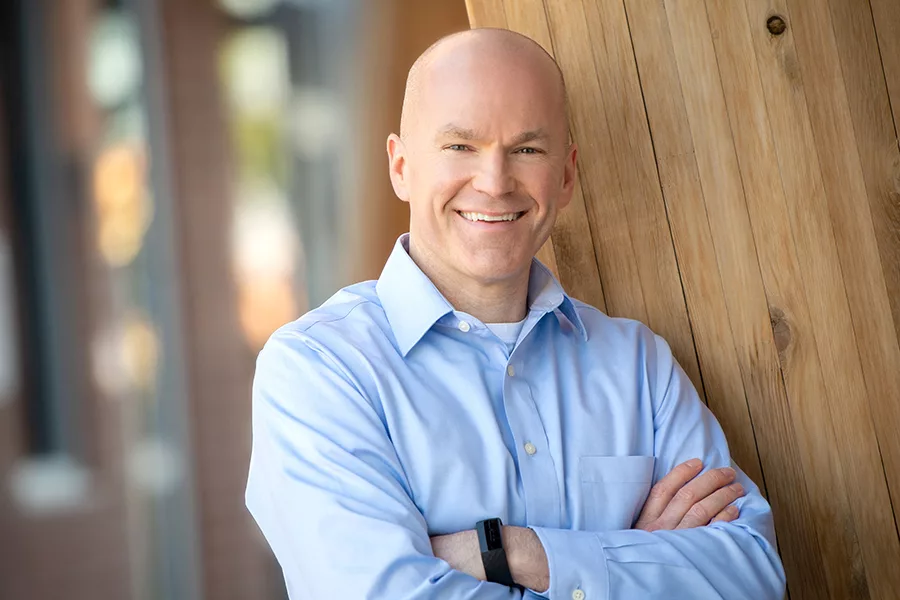
Home » Private family foundations can get donors, kids involved
Private family foundations can get donors, kids involved

August 15, 2019
By Beau Ruff
Financially
successful people often contemplate the highest and best use of their assets.
In some cases, those same individuals have decided that the natural objects of
their bounty (i.e., the children) already have enough resources, or that mom
and pop have otherwise adequately provided for their children.
Alternatively,
some of these successful people have no apparent heirs to inherit the assets.
If these same successful individuals are charitably-minded, the private
foundation is an excellent option to fulfill the individual’s objective.
This
column provides a primer on the private family foundation.
How
is the foundation set up? The donor works with his or her professional team—financial advisor,
attorney, and accountant—to formulate a mission and vision for the foundation
that will meet the tax-exempt criteria set out by the IRS.
What
is the legal and tax structure? A nuanced discussion of legal form and tax structure is
beyond the scope of this column. But, in simple terms, a private foundation can
be legally structured as either a charitable trust or a nonprofit corporation.
Either form falls under applicable state law for the applicable form—trust law
for trusts, or corporate law for corporations.
Further,
a private foundation can be structured as either an operating foundation or a
non-operating foundation. After formation—as either a trust or a non-profit
corporation—the entity must seek the tax exemption status with the IRS through
application. If approved, the tax-exempt status usually runs from the date of
application so that money or property contributed can be immediately booked as
a charitable contribution with a corresponding tax deduction.
Who
runs the private foundation? The private foundation can be run by the donor, or it
can be run by a professional staff, or both. Effectively, the donor can choose
to what extent they wish to be involved. Sometimes, the donor is heavily
involved in the management of the foundation. Other times, the donor finds paid
professionals to take on some aspect of the administration of the foundation.
For example, the private foundation might be established to provide
scholarships. And, the donor may only want to pick the awardees and present the
gifts to the awardees. That same donor would then pay a professional to
administer the foundation, advertise the scholarship, develop the application
process and packet, and deliver those same documents to the donors.
Get
the kids involved.
The private foundation can be a great way to get the donor and the children
involved in the mission of the private foundation. The children can even have
paid positions within the foundation, based on the child’s education,
experience and job description.
How
much money do you need to start a private foundation? There is no magic number that
determines whether a private foundation makes sense. But, practically speaking,
the private foundation can be costly to set up—mainly attorney and accountant
fees in setting up the organization and applying for the tax-exempt status.
Additionally, it will typically have ongoing maintenance costs—again, mainly
attorney and accountant fees. It might also incur other administrative fees if
the donor wants to hire someone to tackle any of the administrative duties. Of
course, the more of the workload handled by the donor, the less the fees
incurred. As a very fluid number, this writer begins looking at a private
foundation when the donor can contribute somewhere between $500,000 and $1
million.
What
are the alternatives to a private foundation? If a donor is not able to give the amounts
described above or if the donor just doesn’t want the hassle of forming a new
private foundation, great alternatives are available.
A
donor-advised fund, or DAF, is one option. A DAF allows an individual to donate
to a charity (the DAF) and then control the distribution of funds from the DAF
over time to one or more 501(c)(3) organizations.
Like
the private foundation, the donor can get his or her children involved and
appoint them as “advisors” or alternate advisors to the fund so that the child
ends up directing the charitable gifts from the DAF.
Another
alternative is a community foundation. Often, a community foundation can
fulfill the charitable intent and mission of a donor for the donor without the
private foundation. As an example, assume the donors from above want to
establish a scholarship for a local college. Instead of setting up a private
foundation, the donor can make a gift to a community foundation with
instruction on how the scholarship should be administered. Then, the community
foundation follows the instructions and implements the scholarship as
instructed.
Interested individuals should talk to their financial advisor, attorney, or accountant to see if the private foundation is a good option.
Beau Ruff, a licensed attorney, is the director of planning at Cornerstone Wealth Strategies, a full-service independent investment management and financial planning firm in Kennewick.
Local News Charitable Giving & Nonprofits
KEYWORDS august 2019





